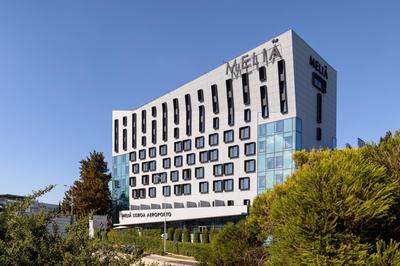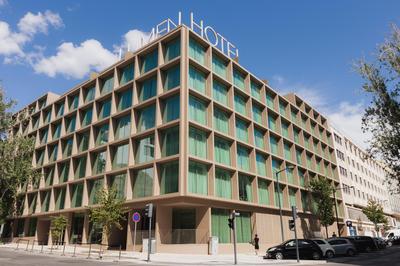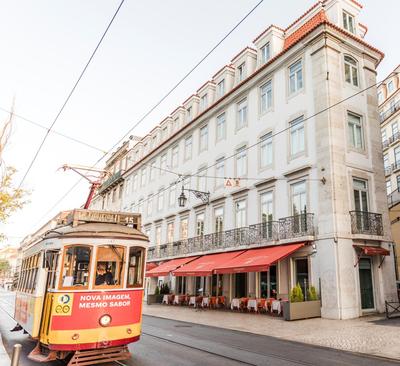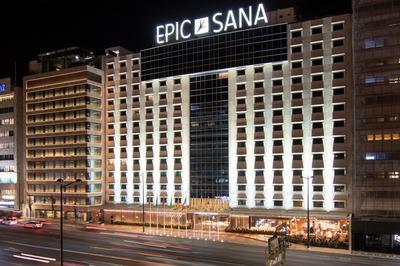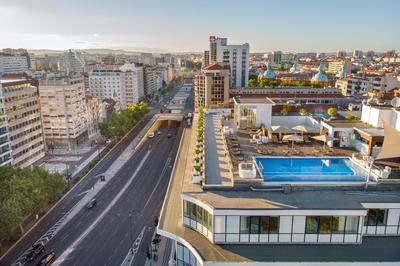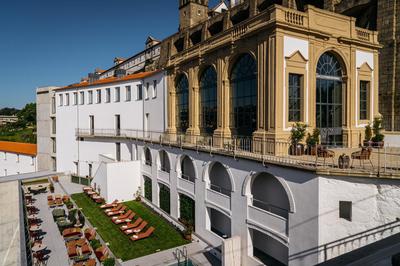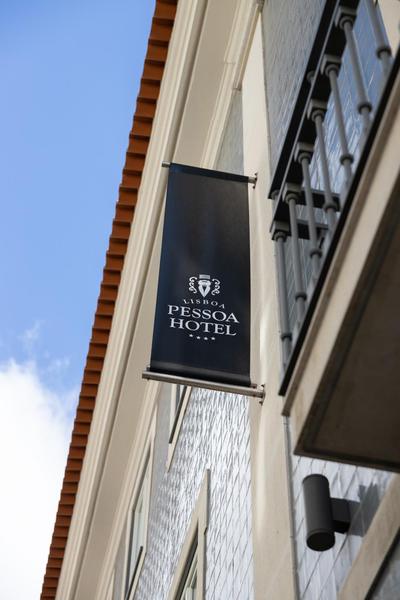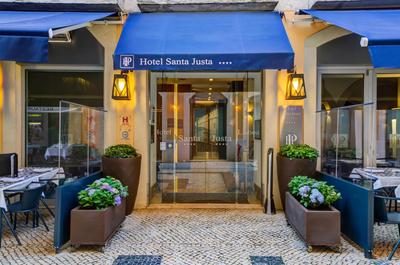When to visit Portugal during the year?
Portugal enjoys a Mediterranean climate, making it a year-round destination, but the best time to visit largely depends on your interests. Summer (June to August) is popular for beachgoers, especially in the Algarve, with sunny weather and warm Atlantic waters. Autumn (September to November) is ideal for hikers who want to explore lush landscapes in places like the Douro Valley. During winter (December to February), cities like Lisbon and Porto offer a quieter experience, with festive celebrations, while spring (March to May) sees blooming flowers and mild temperatures, perfect for sightseeing.
How to get to Portugal?
Portugal is well-connected to Europe and other continents, making it accessible for travelers. Getting here can be accomplished through various modes of transport including airplanes, buses, trains, and cars.
- Lisbon Airport (LIS) is the main international hub, with flights from North America (Newark, JFK), South America (Rio de Janeiro, São Paulo), Africa (Casablanca), Asia (Doha, Singapore), and Australia (Sydney, via Dubai).
- Porto (OPO) and Faro (FAO) also have international flights, particularly from Europe.
- Low-cost airlines like Ryanair and EasyJet offer affordable routes across Europe.
- Flight times vary; for example, New York to Lisbon takes approximately 7 hours.
- Main bus hub: Sete Rios in Lisbon connects various national and international routes.
- Buses link major cities including Porto, Faro, Évora, and Madrid.
- Rail connections to Spain are available, with the high-speed train to Madrid taking about 2.5 hours.
- Domestic trains connect Lisbon and Porto frequently.
- Main highways include the A1 (Lisbon to Porto) and A2 (Lisbon to the Algarve).
- Distances from major cities worldwide vary; from Madrid it's roughly 600 km, taking around 6 hours by car.
- Expect tolls on highways, and be aware of variable road conditions.
Tourist activities in Portugal
Portugal is a treasure trove of experiences, offering a wide range of activities across its diverse landscapes. For beach lovers, the Algarve boasts stunning coastlines and vibrant nightlife with popular spots like Lagos and Albufeira. Nature enthusiasts can explore the breathtaking trails in Madeira and the Azores, renowned for their unique flora and fauna. History buffs should not miss the medieval town of Obidos and the ancient ruins of Évora in Alentejo, where rich history comes to life. Urban explorers can delve into Lisbon’s neighborhoods such as Alfama and Bairro Alto, offering a mix of traditional charm and modern vibe. For gastronomes, indulging in Porto's port wine cellars or experiencing the culinary delights of Lisbon’s Mercado da Ribeira is a must. Whether you seek relaxation, adventure, or cultural immersion, Portugal has something for everyone.
Accommodation in Portugal
Accommodation in Portugal varies widely, accommodating all types of travelers. From luxury hotels in Lisbon and Porto to charming guesthouses in rural areas, there’s something for everyone. Expect to pay around €70-150 per night for mid-range hotels, while high-end options can go up to €300 and beyond. In holiday hotspots like the Algarve, prices spike during the summer season, while off-peak stays, particularly in winter, can be quite economical. For those seeking a homely feel, vacation rentals and apartments are becoming increasingly popular, particularly in bustling urban centers where you can live like a local.
Food in Portugal
Portugal's cuisine is a delightful fusion of flavors, with seafood taking center stage. Don’t miss iconic dishes like bacalhau à brás (codfish), pastéis de nata (custard tarts), and caldo verde (green soup). Meals can be enjoyed in numerous local tavernas or trendy restaurants, providing an authentic taste of the region. Typical meal prices range from €10 for casual dining to €30 or more in upscale venues. Be sure to pair your meals with a glass of port wine or vinho verde, both of which are regional specialties.
Important numbers and information
- Emergency services: Police - 112, Ambulance - 112, Fire Brigade - 117
- Embassies: United States - Av. das Descobertas, 100-130, Lisbon; UK - Rua de São Bento 504, Lisbon
- Airports: Lisbon Airport (Humberto Delgado) - Av. Manuel da Maia, 100, Lisbon; Porto Airport - Av. Aeroporto, 4470-451 Maia
- Currency: Euro (EUR); cards widely accepted
- Visa requirements: Schengen Area regulations apply, check your nationality's requirements.
What to see in Portugal?
Portugal is rich in attractions worth visiting. Start your journey in Lisbon, where you can explore iconic sites such as the Belém Tower and Jerónimos Monastery. Porto, famous for its port wine, offers scenic river views and colorful buildings along the Ribeira. The stunning coastline of the Algarve, with its limestone cliffs and beaches like Praia da Marinha, is perfect for sun-seekers. History enthusiasts should visit Sintra’s fairy-tale palaces and the medieval castles of Óbidos. Finally, the Douro Valley, a UNESCO World Heritage site, showcases picturesque vineyards and the beauty of its terraced landscape.
History, geography and climate
Portugal, one of the oldest nations in Europe, has a rich history marked by maritime exploration during the Age of Discoveries. The landscape is diverse, featuring rolling hills, rugged coastlines, and the majestic mountains of the Serra da Estrela. Portugal’s climate is predominantly Mediterranean, characterized by hot summers and mild winters, with average temperatures ranging from 10°C in winter to 30°C in summer, particularly in the south. This variability in climate supports a rich biodiversity and various agricultural practices across the regions.
Population and culture
Portugal boasts a population of approximately 10 million people, primarily Portuguese speakers. The country is predominantly Roman Catholic, with numerous festivals reflecting its religious heritage, such as Festa de São João in Porto and Festa de Santo António in Lisbon. The culture is infused with tradition, showcased in Fado music and tile art (azulejos), which captures the essence of Portuguese identity. Celebrating various holidays throughout the year, such as Carnival and Christmas, reveals the vibrant cultural tapestry that makes Portugal a unique destination.

